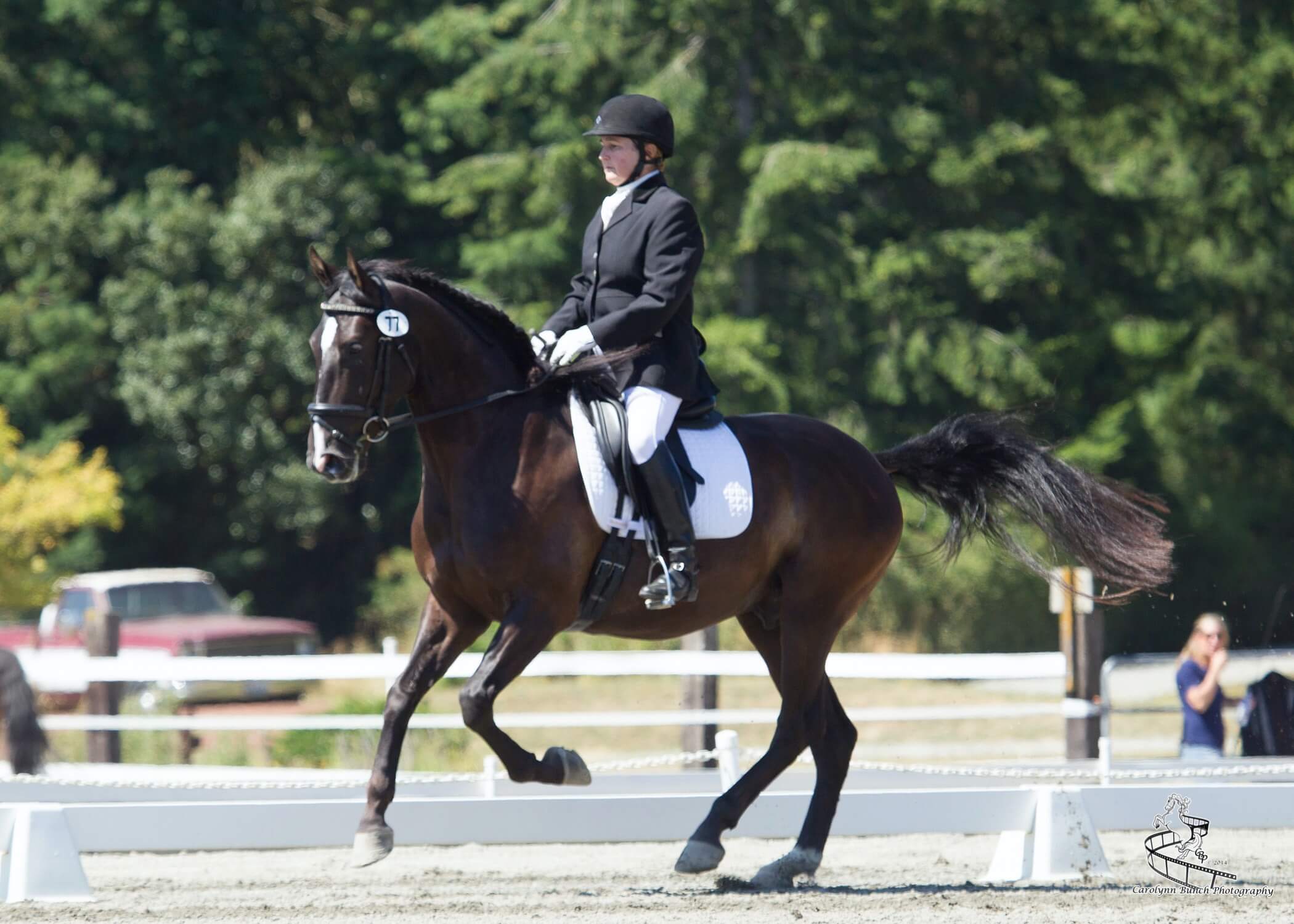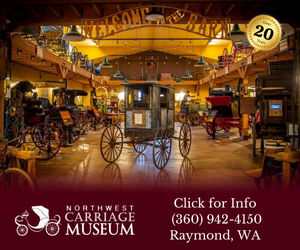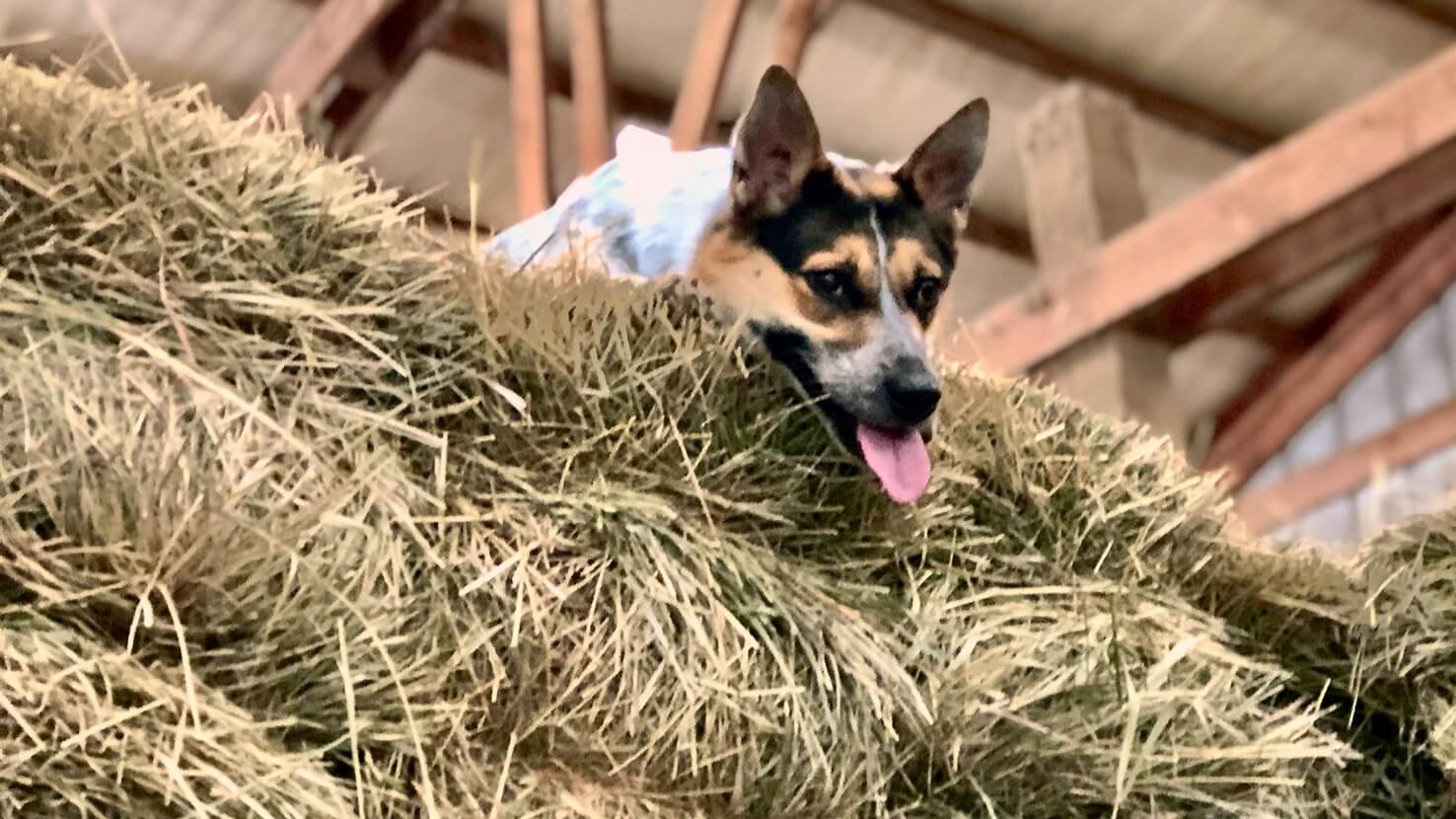I’ll try not to rant. Unfortunately, I’m a worrier, and I’m worried about the horse business. We’re facing some serious difficulties.
Many in the horse business are getting a bit long in the tooth—especially those who own and maintain the facilities where many equine activities happen. Boarding barns are closing and going on the market. Hard-working trainers and barn owners (many well into their senior years) are retiring. Younger folks are often unable to come up with the money to purchase a facility.
Land prices have skyrocketed, and so has the cost of building equestrian facilities—especially in the Pacific Northwest. Finding reliable help is very difficult and bartering in exchange for labor or board opens one up to a lot of liability—it’s just not worth it.
So, owners/managers of small facilities do all the work themselves, but that grows exhausting and depressing over time with no days off, ever. Barn owners get squeezed from all directions: lack of labor, expensive equipment (I recently paid $6000 for an arena harrow—how many lessons will that take to pay off?), government restrictions and demands, and now feed costs are getting higher every day. It’s not sustainable.
The results are that finding a place to board a horse or take lessons on a school horse is difficult, if not impossible. People who want to get involved with horses have scarce opportunity to “try it out”. This, too, is not sustainable. Without young people and new horse lovers being brought into the fold, the industry will die.
My dream is that anyone who wants to get involved with horses can. This might seem like a crazy idea but there are some models we can look at. Europe has riding programs for young people that are much like athletic programs here. In the USA, programs like Horses in the Hood in California exist for at-risk children and introduce horsemanship to many young people. Veteran and therapeutic programs also offer lower-cost horse experiences for those who need them.
Most of these kinds of riding programs are funded by donations, grants, and philanthropic endeavors. It will take people with creativity and drive to figure out how to bring horsemanship to “regular” folk, but I’m hopeful it can happen. People love and need horses (and animals in general) in our lives. Let’s figure out a way to bring them to more people.
See this article in the March/April 2022 online edition:

Kim Roe grew up riding on the family ranch and competed in Western rail classes, trail horse, reining, working cow, and hunter/jumper. She trained her first horse for money at 12 years old, starting a pony for a neighbor.
Kim has been a professional dressage instructor in Washington state for over 30 years, training hundreds of horses and students through the levels. In recent years Kim has become involved in Working Equitation and is a small ‘r’ Working Equitation judge with WE United.
Kim is the editor of the Northwest Horse Source Magazine, and also a writer, photographer, and poet. She owns and manages Blue Gate Farm in Deming, Washington where she continues to be passionate about helping horses and riders in many disciplines.







In that I live in Washington State a lot of your articles do not work for me however, I believe in this magazine and want to contribute to further its publications. I am putting a check in the mail to you shortly and will contribute as I can. Years ago when I lived in Washington State I used to write articles for this publications. It has grown and grown and just keeps getting better and better. I appreciate being on your email list and look forward to each publication.
Hi Barbara, What a lovely thing to say. I sure miss you. Thanks for being a part of NWHS for so many years.